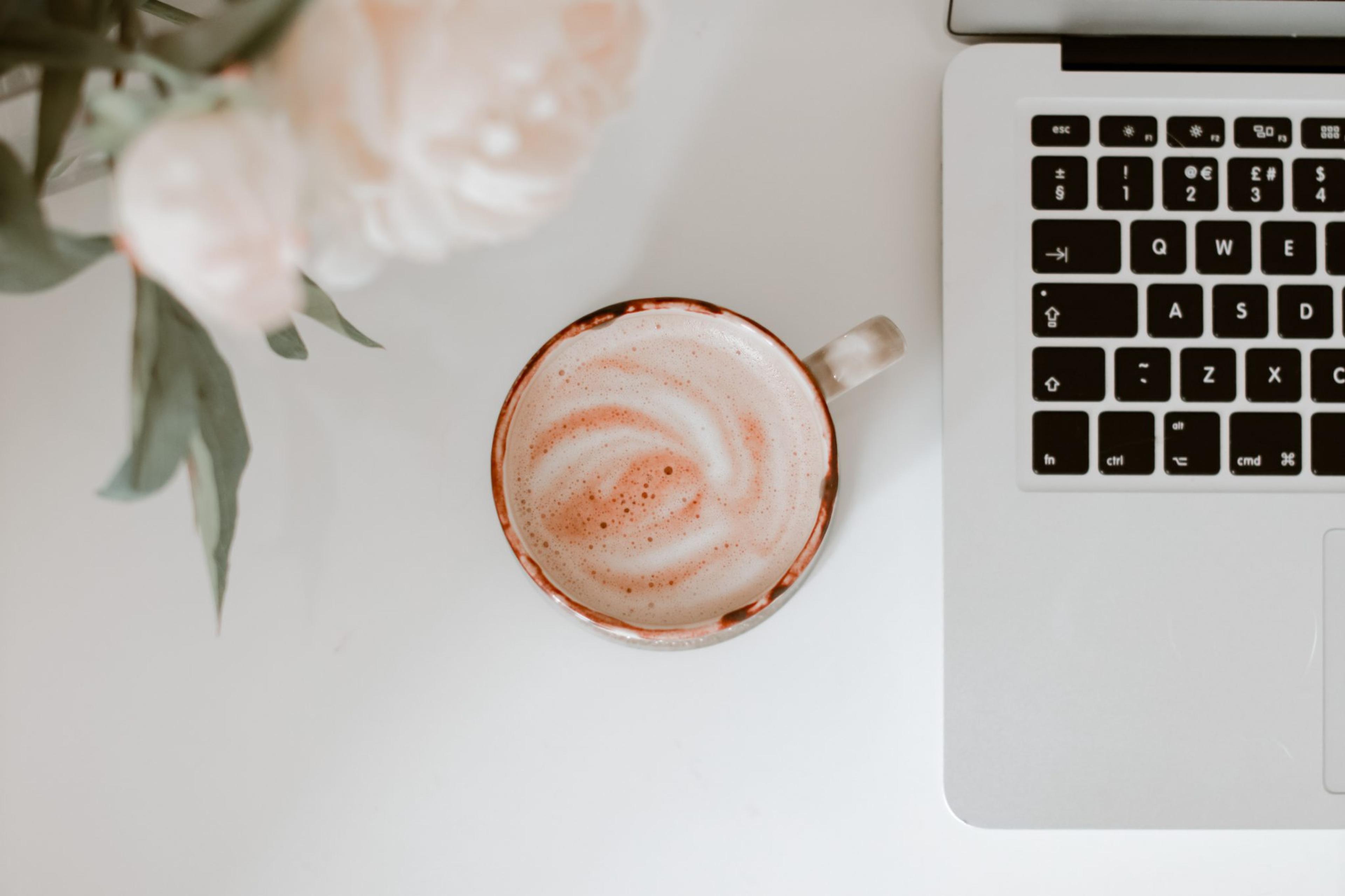
Florist Resources
Your treasure trove of business and design information.
Your Success Toolkit is Growing
We're building something special for you, a dedicated space filled with practical resources, industry insights, and proven strategies to help your flower shop thrive in today's competitive market. From seasonal planning guides to business guides, and ready to use templates, we're curating the tools you need to grow your business with confidence.
Don't want to wait?
Talk to one of our online business coaches today! Schedule a free consultation.